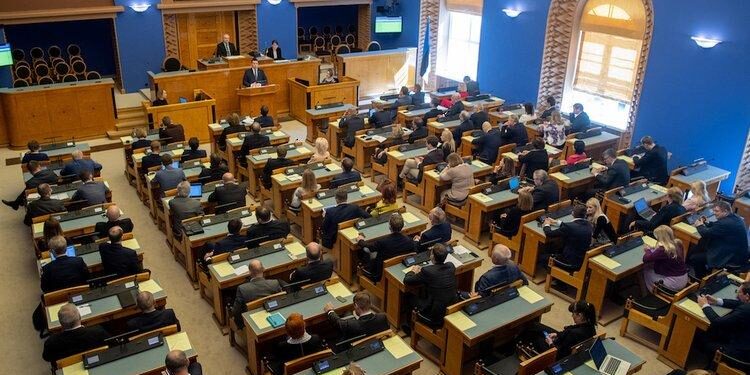The Estonian government has declined an opportunity to acquire shares in Air Baltic, signaling a strategic shift as it aims to develop Tallinn into a competitive aviation hub. The decision underscores Tallinn’s ambition to enhance its connectivity and bolster the local economy amid evolving regional air travel dynamics. This move comes as Air Baltic, the Latvian carrier with strong ties to the Baltic region, continues to expand its footprint across Northern Europe.
Estonian Government Rejects Air Baltic Share Purchase Proposal Amid Strategic Realignment
The Estonian government has officially declined the recent proposal to purchase shares in Air Baltic, emphasizing a strategic focus on enhancing Tallinn’s position as a leading aviation hub in the Baltic region. Officials highlighted that while collaboration with Air Baltic remains important, direct equity involvement is not aligned with Estonia’s broader vision of transport sector development. This decision is part of a wider governmental effort to stimulate investment in infrastructure, improve connectivity, and modernize airport facilities within the capital.
Key priorities outlined by the government include:
- Upgrading Tallinn Airport’s capacity to handle increased passenger and cargo traffic
- Strengthening regional route networks to support economic growth
- Fostering partnerships to promote sustainable aviation technologies
| Aspect | Government Focus | Air Baltic Proposal |
|---|---|---|
| Investment Type | Infrastructure & Connectivity | Equity Share Purchase |
| Strategic Goal | Tallinn Hub Development | Corporate Partnership Expansion |
| Outcome | Long-term Regional Growth | Short-Term Shareholding |
Focus Shifts to Strengthening Tallinn as a Regional Aviation Hub
The Estonian government has chosen to decline the proposal to acquire a stake in Air Baltic, signaling a strategic pivot towards enhancing Tallinn’s position as a leading aviation nexus in the Baltic region. Rather than expanding ownership in the airline, authorities are prioritizing infrastructure modernization and expanded route networks to attract greater passenger traffic and airline partnerships. This decision underscores a commitment to leveraging Tallinn airport’s potential as a central hub that facilitates efficient air connectivity between Northern and Eastern Europe.
Key areas in the government’s development plan include:
- Upgrading airport facilities with state-of-the-art passenger terminals and cargo handling systems
- Incentivizing airlines through competitive fees and route subsidies
- Enhancing multimodal transport links, improving access via road and rail to the capital
| Factor | Current Status | Target 2026 |
|---|---|---|
| Annual Passenger Throughput | 3.4 million | 5 million |
| International Destinations Served | 35 | 50+ |
| Runway Capacity (movements/hour) | 30 | 45 |
Experts Recommend Enhanced Public Private Collaboration to Boost Airport Competitiveness
Industry specialists emphasize that stronger cooperation between public authorities and private enterprises is critical to elevating the strategic position of airports in the region. As Tallinn aims to solidify its role as a leading Baltic aviation hub, experts urge the Estonian government to pivot towards a collaborative investment framework that leverages private sector innovation and capital. Such alliances can accelerate infrastructure modernization, optimize operational efficiencies, and expand route connectivity, fostering a more competitive environment that benefits travelers and the broader economy alike.
Key recommendations include:
- Establishing joint governance models to align stakeholder interests and risk sharing
- Encouraging private funding for technological upgrades and sustainability projects
- Creating flexible regulatory mechanisms to stimulate agile responses to market demands
- Enhancing data sharing platforms for improved passenger experience and operational planning
| Collaboration Aspect | Benefit |
|---|---|
| Public-Private Investment | Faster modernization of terminal facilities |
| Shared Risk Models | Greater financial stability and project viability |
| Innovative Tech Integration | Enhanced passenger processing efficiency |
| Joint Marketing Initiatives | Expanded route networks and airline partnerships |
Wrapping Up
As the Estonian government prioritizes the development of Tallinn as a strategic aviation hub, its decision to decline the Air Baltic share offer underscores a commitment to maintaining greater control over the nation’s air transport future. This move sets the stage for further initiatives aimed at strengthening Estonia’s position in the regional aviation market, with stakeholders closely watching how the government’s plans will unfold in the months ahead.
















